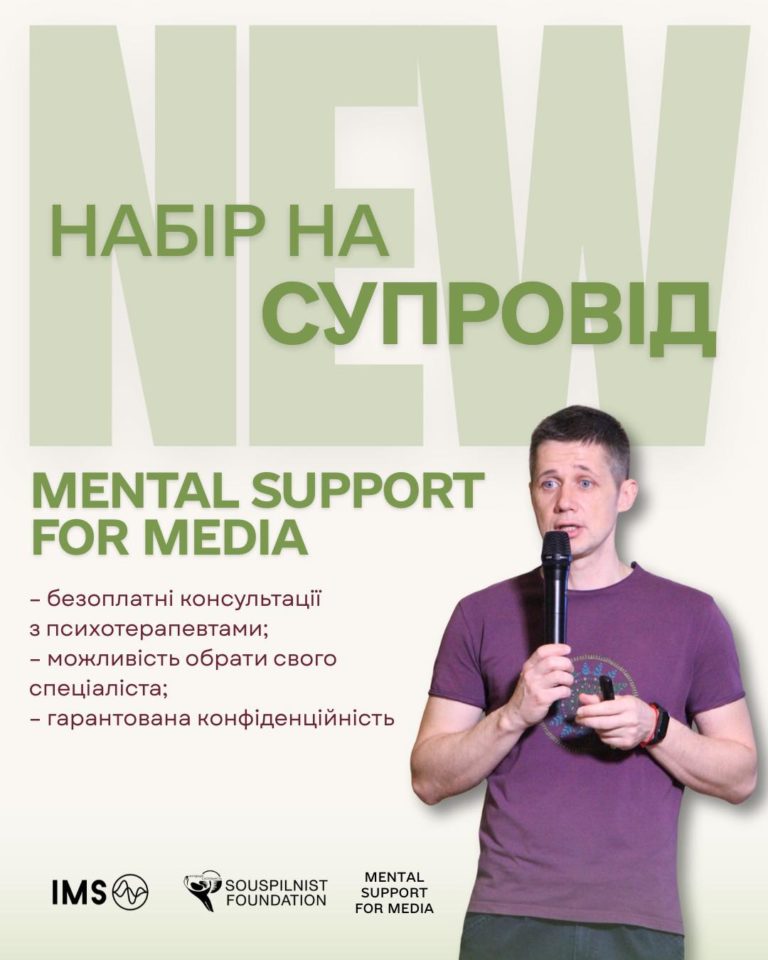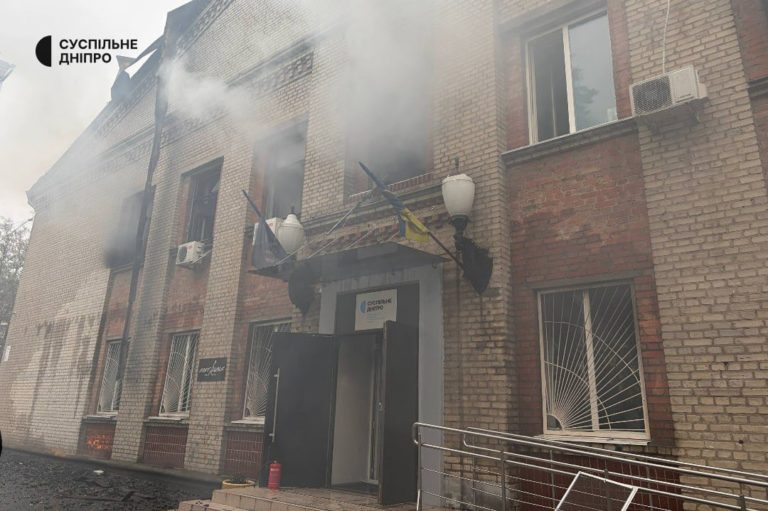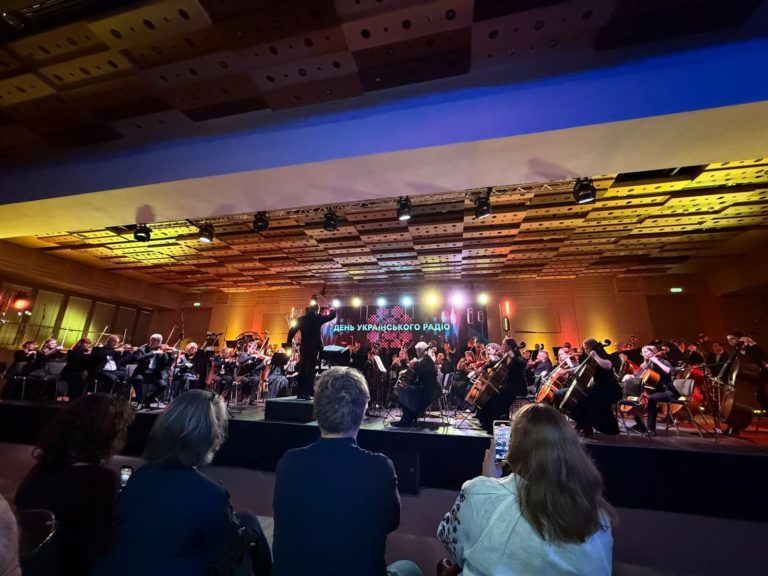The profession of journalism in wartime requires not only resilience but also systematic support. Insurance is one of the most vital safety elements for those working in combat zones, documenting the truth, and reporting from the most dangerous locations.
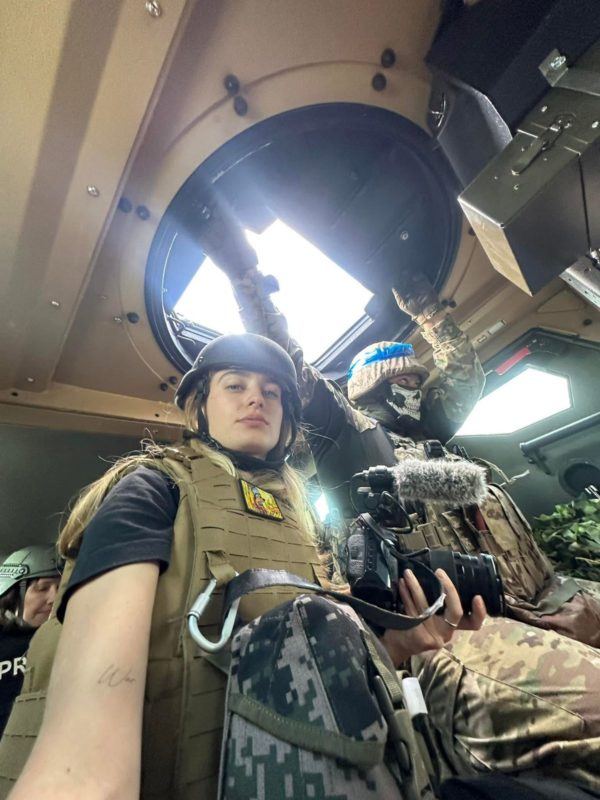
On the front lines, the truth needs protection. But those who seek it—journalists, fixers, camerapeople—need even more protection. Insurance has become not just a formality, but a critically important part of professional media work in Ukraine during the war. “Our mission is to ensure that independent journalism in Ukraine remains alive, strong, and protected,” says Oksana Brovko, Director of the Association of Independent Regional Publishers of Ukraine (AIRPU). “Because without journalists, there is no truth. And without truth, there is no justice.”
From January 2024 to June 2025, the International Journalist Insurance Fund (IJIF)—an initiative by AIRPU and five NGOs (Souspilnist Foundation, ІМІ, Detector Media, CEDEM, and RPDI)—has implemented a large-scale support program for media workers operating in high-risk zones. The program encompasses not only personal insurance but also safety training workshops, psychological support, information campaigns, and efforts to strengthen the media community.
The IJIF project originally launched at the start of the war, and AIRPU continues to collaborate with various international partners as part of the initiative. Initially, the effort was supported by the World Association of News Publishers (WAN-IFRA), and in recent years, our international partner has been the European Centre for Press and Media Freedom (ECPMF).
What we achieved
Over the course of a year and a half, we insured 92 media workers— 54 men and 38 women—including journalists, camerapeople, and fixers, for a total of 1,230 days spent in dangerous conditions.
During this period, we received 704 applications, of which 633 were approved, including one confirmed insurance claim. Since the founding of the IJIF, we have processed 1,015 applications for 2,196 insured days, with total coverage amounting to USD 100,000.
In parallel, we organized physical and psychological safety training sessions attended by more than 100 participants. These included HEFAT (Hostile Environment and First Aid Training) workshops, skills for working in extreme conditions, psychological counseling, a seminar, and a conference.
“Thanks to the training workshops, psychological support, insurance, and information campaigns, the project has become an important resource for protecting media workers and increasing their preparedness to work in high-risk environments,” says Oksana Brovko.
Training participants deepened their understanding of personal protective equipment, assembling a first aid kit, and responding to cardiac arrest and acute stress.
Journalists emphasized the value of such support. For example, Mariia Moroz from Ukrainian Witness shared: “Our film crews came under fire more than once… after that, we became much more cautious. Insurance is a truly valuable discovery… you worry a little less about what to do if something happens.”
And UNITED24 producer Nataliia Kondrashova explained: “We practically don’t go on assignments without insurance. Working has become more difficult. The most common threats are FPV drone attacks, artillery fire, and airstrikes.”
Challenges and teamwork
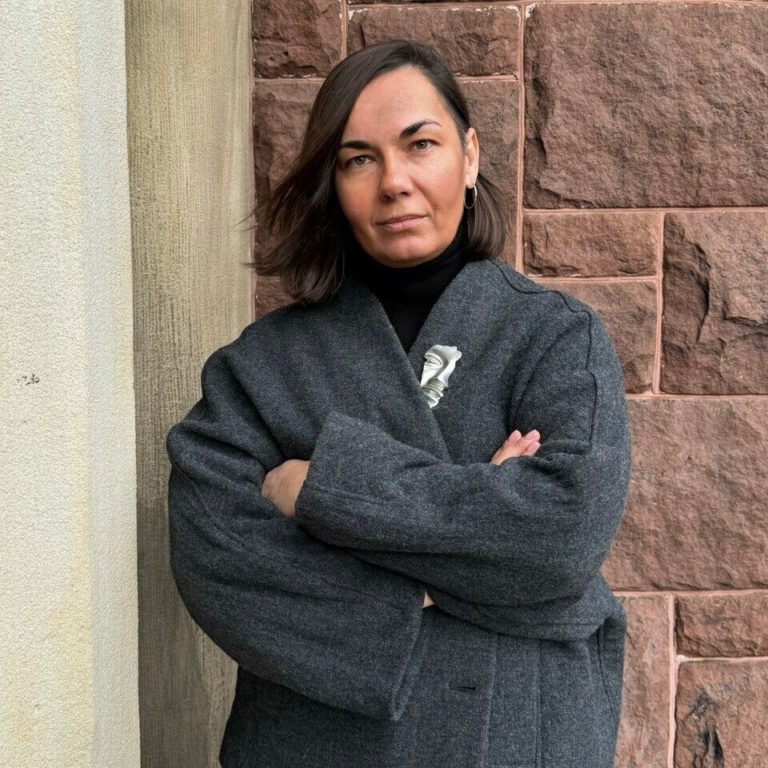
The AIRPU team adapted effectively to changing circumstances—including canceled trips, participant mobilizations, and urgent requests. One of the coordinators, Anna Fursenko, reflects: “Working on this project means being part of a team that moves in sync. We offer a sense of support to those working in difficult conditions—it’s both a great honor and a profound responsibility.”
“Throughout our work, we’ve faced many challenges—nighttime deployments, unplanned requests, and the mobilization of journalists. Yet every time, our team has functioned as a single, cohesive unit. It’s not just about administrative efficiency—it’s about providing human support during the most critical moments,” explains Oksana Brovko.
Other newsrooms also recognized the importance of rapid coordination. Aliona Yatsyna, editor-in-chief of Kordon.Media, noted: “Once, confirmation for our team’s departure came in the middle of the night. By 6 a.m., the journalists were already on the road… We developed internal safety protocols and created our own risk assessment scale.”
Legislative recognition
On June 12, 2025, the President of Ukraine signed Law No. 11153, which obligates media outlets to insure journalists and other staff members during their assignments to active combat zones or temporarily occupied territories. The specifics of the insurance policy is to be determined by the Ministry of Culture and Strategic Communications.
“The media community worked hard to advocate for this legislative change,” notes Oksana Brovko. “Because insuring media workers is critically important. The significance of ensuring safety and protection for those working in especially dangerous areas cannot be overstated. Verified, high-quality content—in the form of reports, news, and stories—is an integral part of our struggle.”
This is legal confirmation that a journalist’s safety is not an exception, but a responsibility. Our project has championed this idea from the earliest weeks of the full-scale invasion—and now we can say that our initiative is supported at the state level.
Impact and the future
The year-and-a-half-long program has concluded, but its impact is lasting. Journalists retain the skills they gained, follow safety protocols, and continue their work on the front lines. The media content produced through the project documents war crimes, supports human rights advocates, and serves as evidence for the international community.
“We are not an insurance company—we are the ones who organize the process of free insurance so that independent media can feel safer. Our project has become a point of support for many media outlets. It enables work in dangerous areas without fear, with a sense of protection—and therefore, with inner freedom,” says the project lead and AIRPUDirector, Oksana Brovko.
Appendix
A reminder: the insurance project is implemented by the Association of Independent Regional Publishers of Ukraine(AIRPU) in cooperation with partner organizations. The initiative is part of the Voices of Ukraine program, coordinated by the European Centre for Press and Media Freedom (ECPMF). Voices of Ukraine is carried out within the framework of the Hannah Arendt Initiative and is funded by the German Federal Foreign Office.
